And on the subject of 'hard ground' we have had significant drought conditions this summer. Indeed, since the last Blog post in July there has been very little rain and by the end of August drought orders were in place in 87 French Départements, with ‘crisis’ restrictions in place in 41 Départements. This follows two winters where rainfall has been well below average. For us, at very local level, there are a number of indicators demonstrating the effects of drought conditions:
- our heavy clay soil bakes on its surface, down to a level of 5 - 10 cms and this makes it very difficult for seeds, new plants or recently planted plants to survive - unless one uses raised beds, with a lighter soil, and with at least some watering;
- well-established plants and trees show how they survive - including shedding most of their leaves, which looks as if they are dead but in fact one can see new buds in place;
- on the heavy clay soil areas it is evident that sources of water, impromptu springs often, are in place …. so areas are a mix of brown, deadened grass, and then 'rivulets of green there the water is underneath - it is really very strange and entirely unpredictable, although we are beginning to 'map' a little bit where there does seem to be some level of underground water;
- when there has been a significant day/night temperature difference there has been heavy dew and this has been a saviour for many shrubs and flowers.
For the first time ever, our immediate neighbour's well has dried up entirely and this means they have to have to negotiate buying in supplementary water, that is a big expense on top of the increased prices in cattle feed and hay. And our well too has suffered, and while it has not gone totally dry it is reduced to a trickle that, by September, was scarcely enough to fill the large trough once a day. Our large pond's water level is about a metre and a half down. While fruit trees like the chestnut and walnut are producing fruit, the nuts are small and very dehydrated. Curiously and against the odds the quince trees have fruited well but are clearly suffering with the effort.
Coincident with the drought conditions causing problems for our farmer neighbours, Marie-Claude and Jean-Pierre, it is the year of Marie-Claude's 'official retirement' as a farmer. But she is very reluctant to stop farming altogether, so is in the process of reducing the numbers of their Aubrac cattle and we don't see her stopping altogether anytime soon. However, her eldest grandson, now in his early 'teens, wants to carry on the farm and spends a lot of time, when he can, helping out. However, there have been family discussions on how any succession would not be feasible and tears have been shed. It raises the whole question of the survival of small farms like this one - for not only are immediate conditions difficult, but longer-term issues, like the environment and the pressure to move away from meat production, are creating great pressure overall. As one observes this gradually unfold, it begs questions about what might take the place of the very small, family farms and how that will be managed. In the wider community here, it is evident that some of the larger family farms are developing new methods and crops - but it takes an enterprising, resilient spirit. In a later Post I will write a little more about what seems to be happening in this small part of the French countryside.
A few observations we have made over the summer regarding wildlife here:
One things that has struck us (and this follows on from the July Post) is that in the very warm weather there has been a notable increase in the number of grasshoppers, crickets and locusts. Our starting point in our observations has really been confusion in trying to distinguish which is which and what is what. We now realise that these insects each belong to the orthoptera family order and broadly have the same characteristics - the name 'orthoptera' is Greek: ‘orthos' means ‘straight’ and ‘pteron’ means ‘wings’. From one species to another the differences are minor, but visible once we understood what to look for. So, they can be divided into two groups initially:
- insects with short antennae (Caelifera): grasshopper, locust and close family.
- insects with large antennae (Ensifera): cricket or a katydid.
And then there are behavioural differences: so, all locusts are grasshoppers, but not all grasshoppers are locusts and locusts and grasshoppers behave in a different way. Locusts are known for their density-dependent/swarming behaviour. Then it starts to get a bit confusing and is made even worse when one has to attempt anything in French, because while the English say ‘grasshopper’, the French use the word ‘criquet’, and when we use the word ‘cricket’, the French say ‘grillon’. Cripes! Going to stop there and just say that there have been an awful lot of those orthopteras around this summer and here's a few more pictures!:
And preparing for things inside the house, rather than outside, it has meant getting the 2019/2020 Bruel Film Club Season sorted out. This will kick off in November and this Season we are showing films by genre … so, comedy, musical, animation, fantasy, romance, and thriller, running until May next year. We continue to have a diverse 'membership' - French, American, English, Dutch, Belgian. We are continuing with the idea of showing a short film, followed by the main feature, and then having some food (ostensibly related to the film … that might be tricky this Season!) - and we have relaunched the Film Club Blog for the new Season, which has notes on each of the films, in French and English (the French translation may constitute a 'horror genre' in its own right ….). So, we'll see how things go!
Readers of this Blog may recall that in June's Post we mentioned we had linked with a Children's Hospice to organise a holiday break (or, in French/English, a 'pause', which we prefer) for a family or couple who might benefit from some peace and quiet in this part of the world. We are so happy to report that this went ahead and we were able to welcome a couple who came to stay with us in September. We hope to continue with this idea in 2020.
_________________________________
We wish readers of this Blog a very good Autumn and journey into Winter (no, that's not a metaphor for Brexit).
 English
English Français
Français Nederlands
Nederlands Suomi
Suomi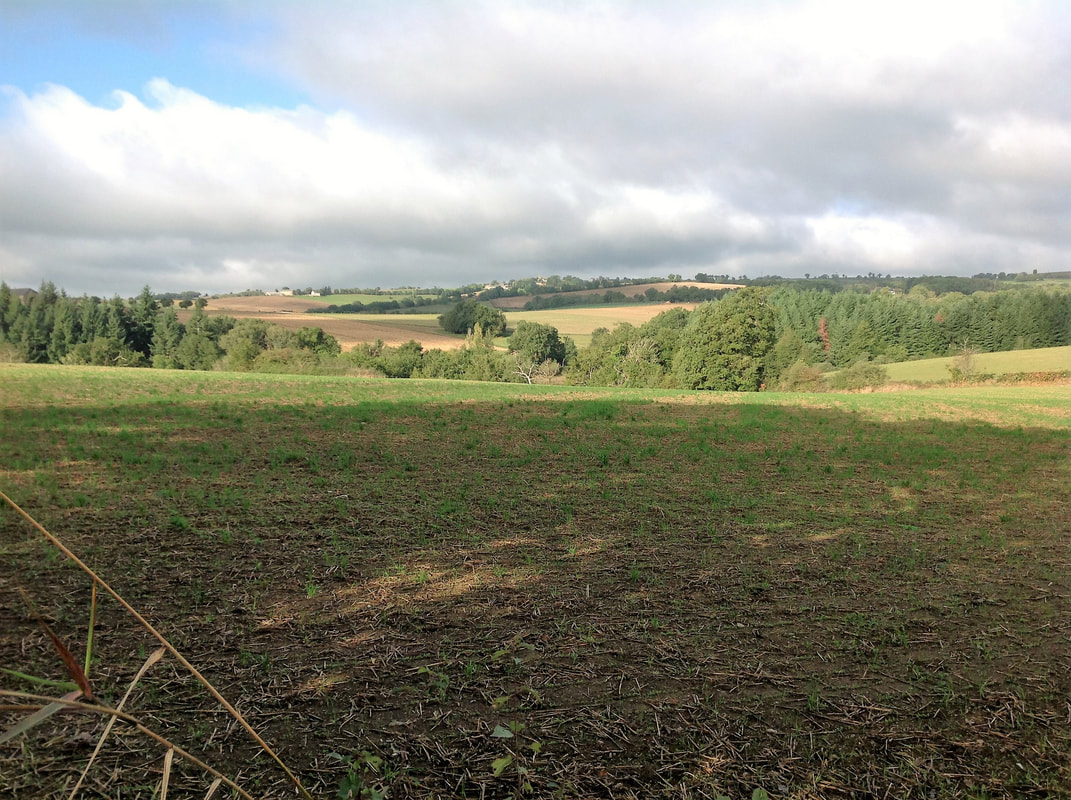
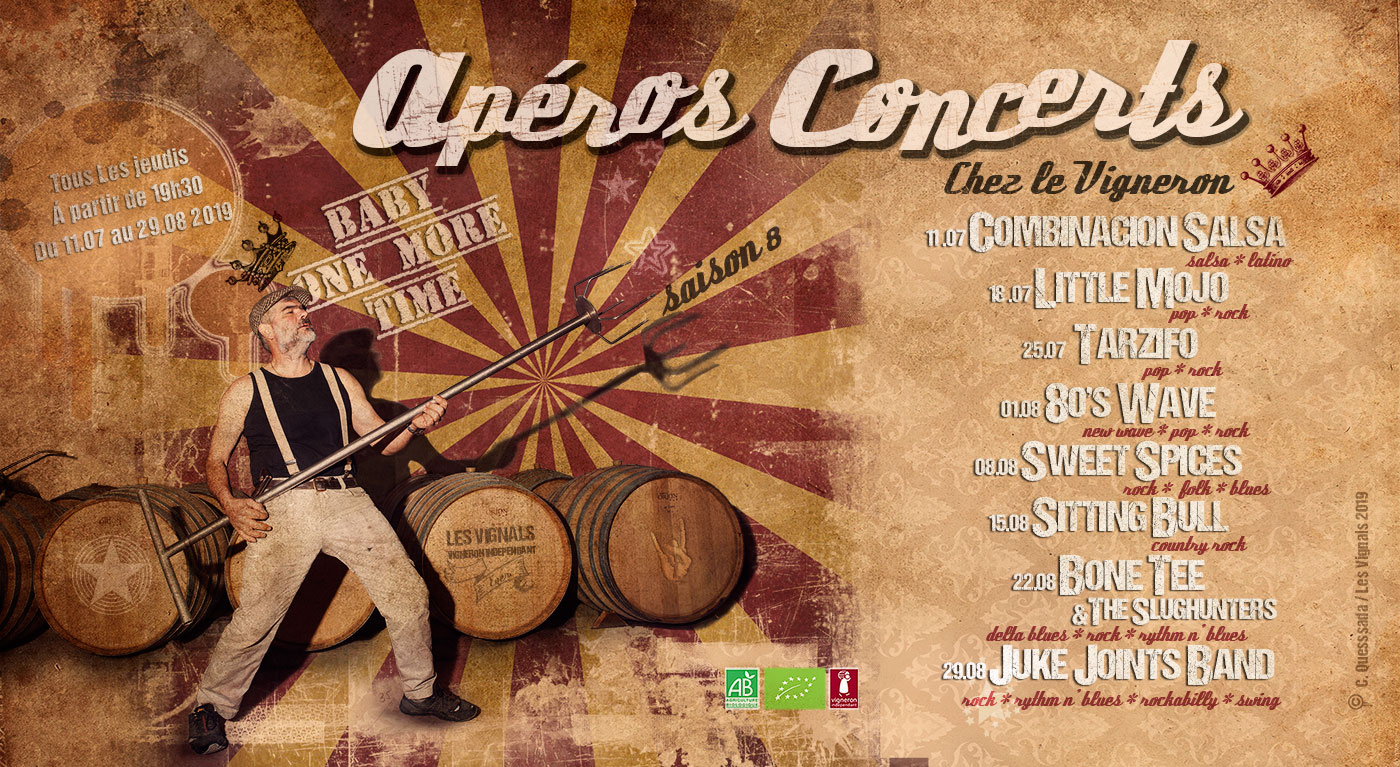
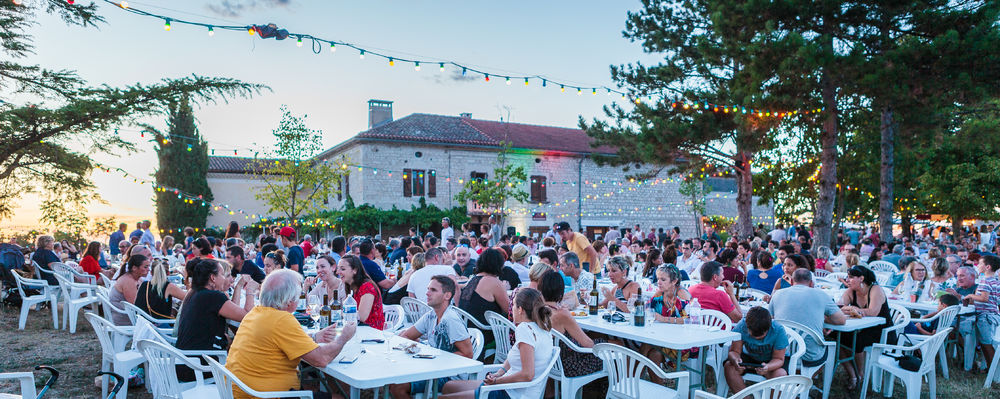
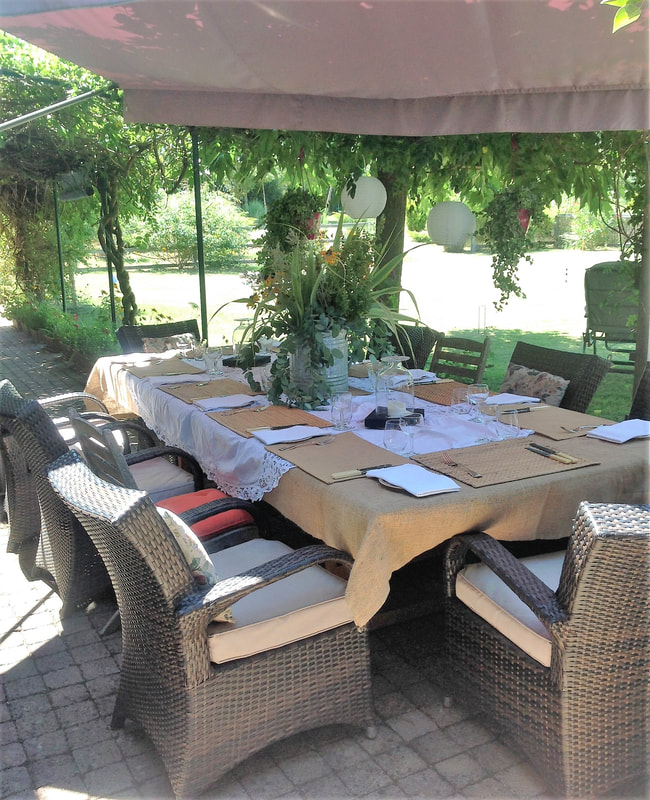
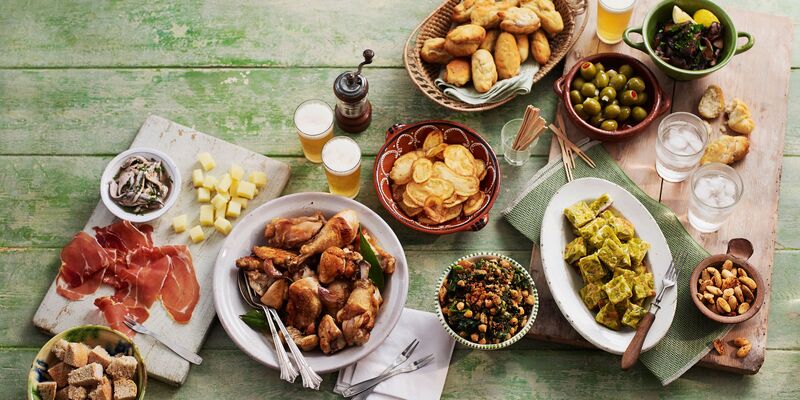
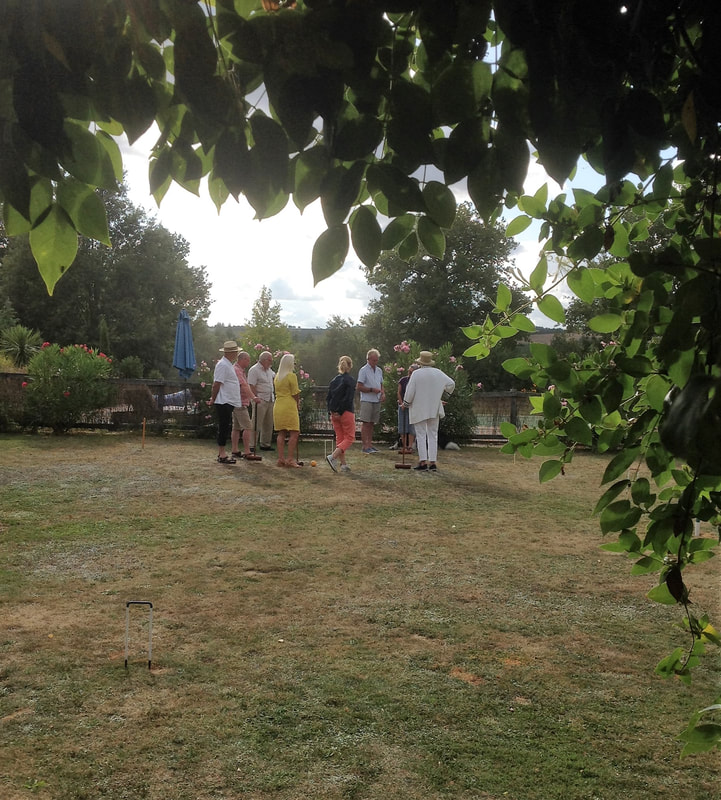
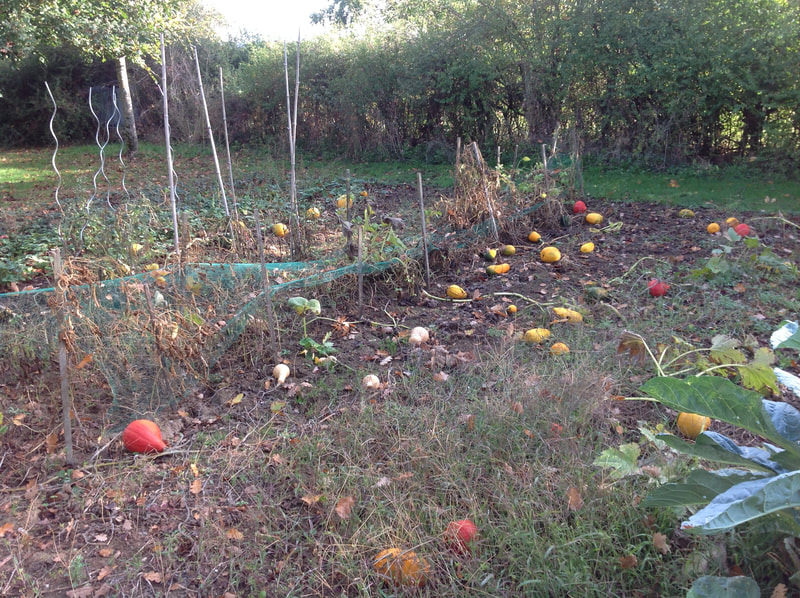
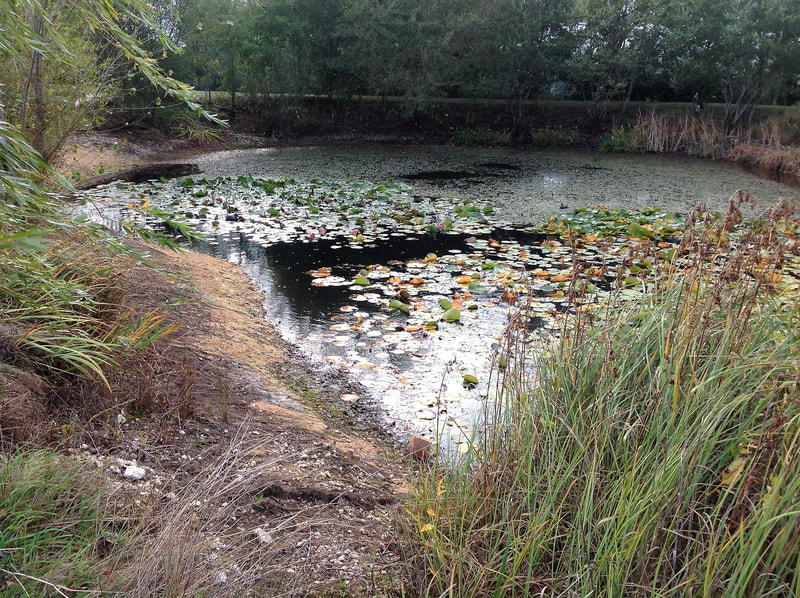
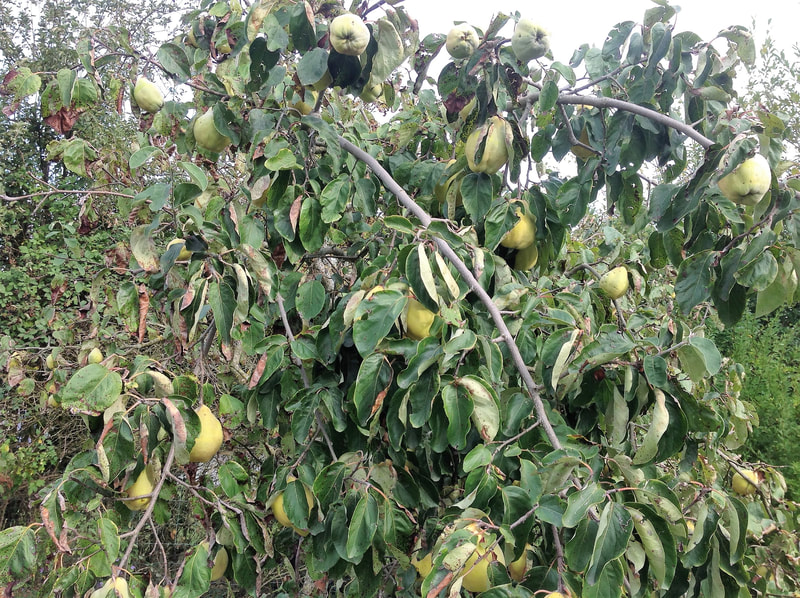
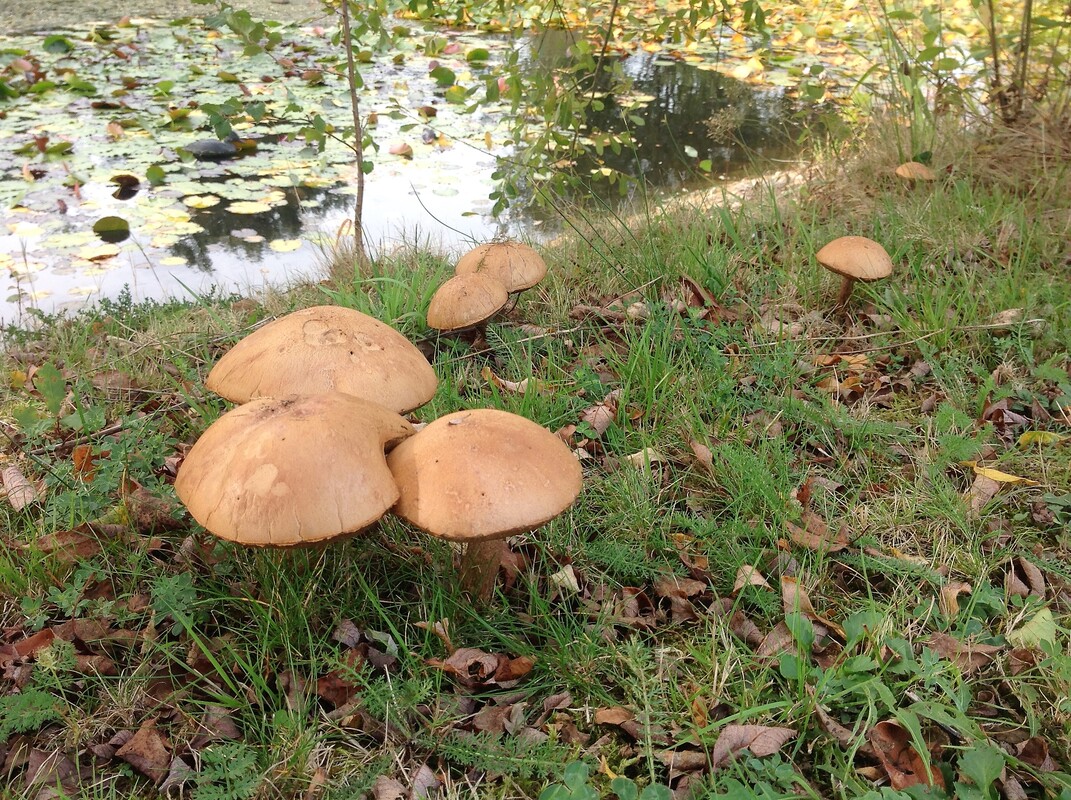
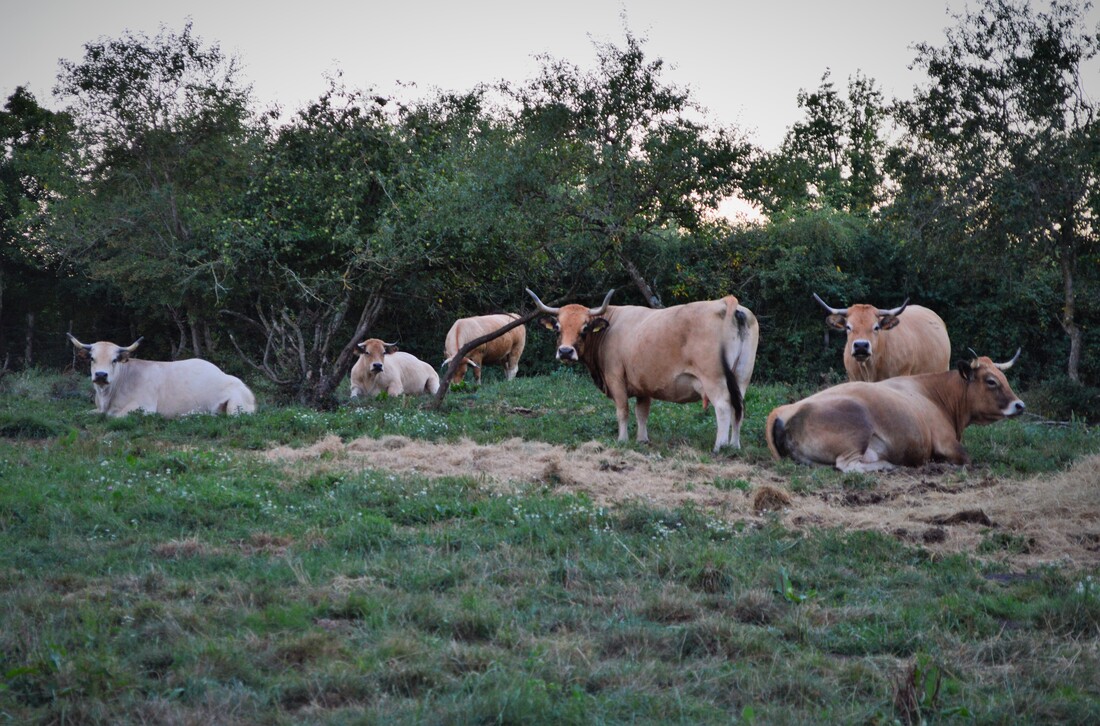
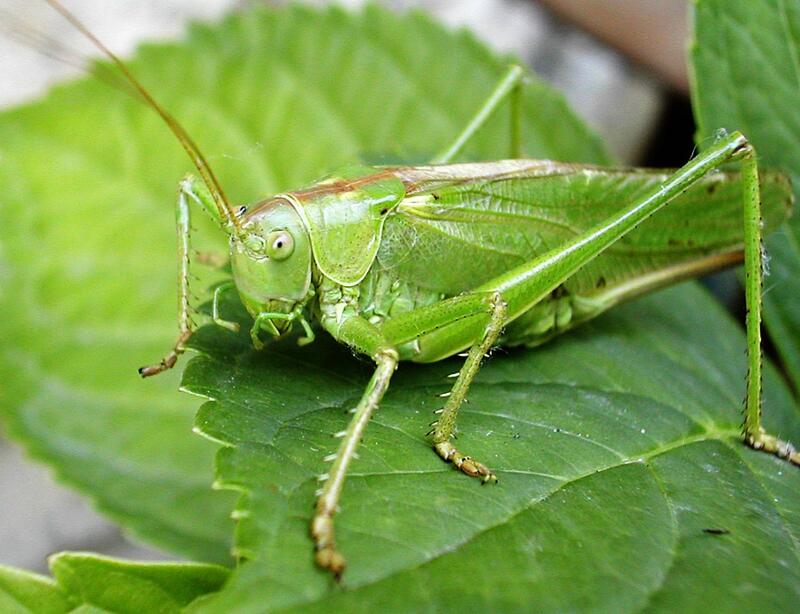
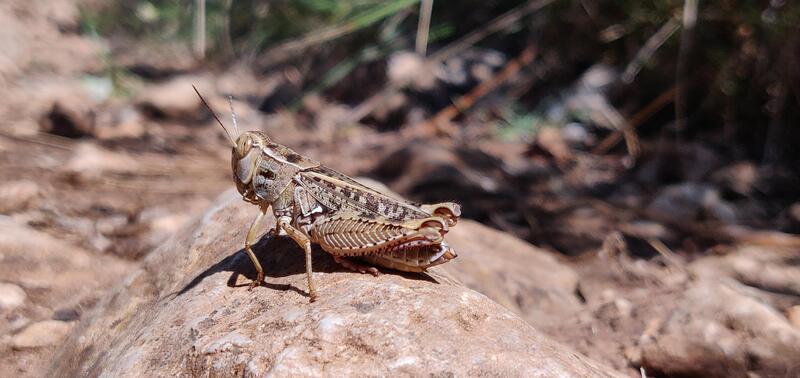
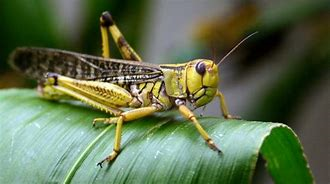
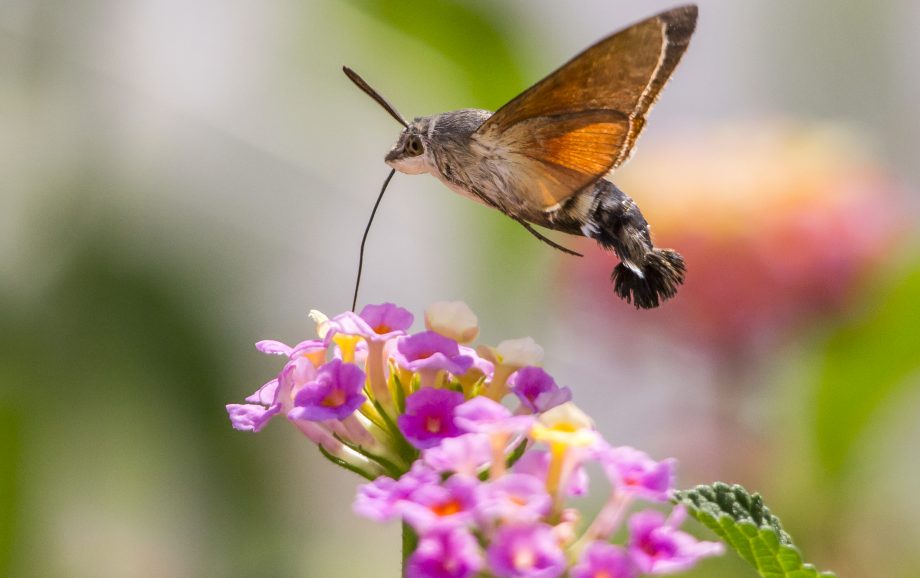
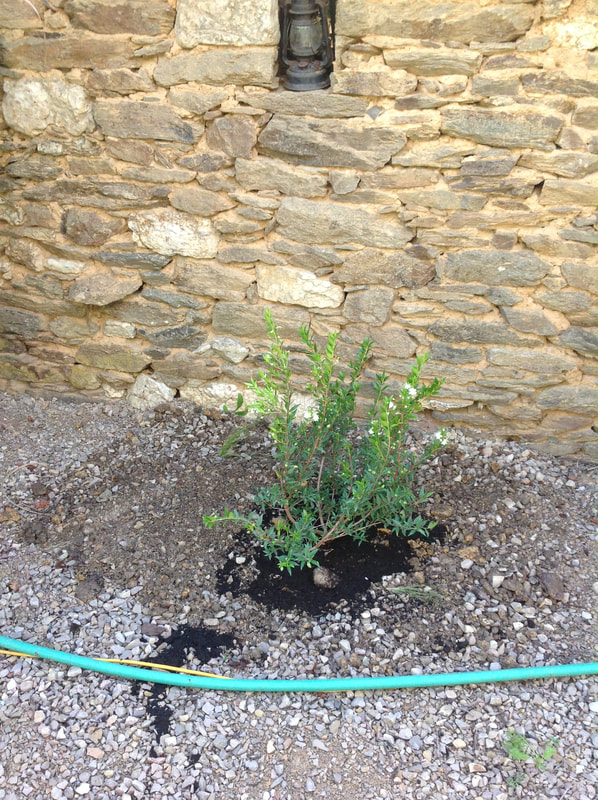
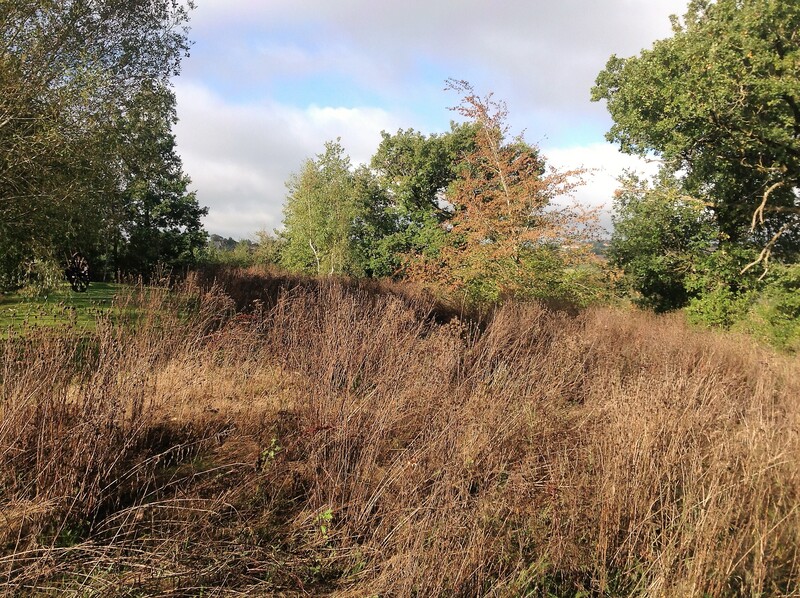
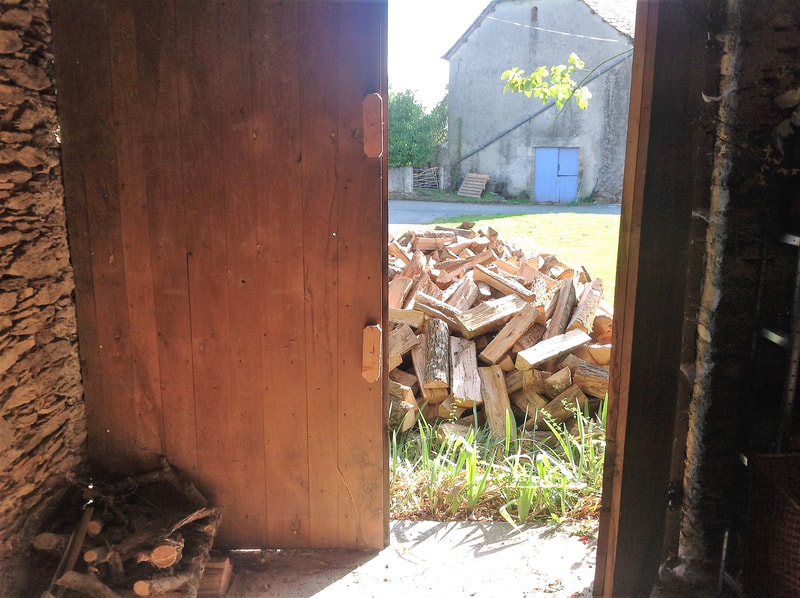
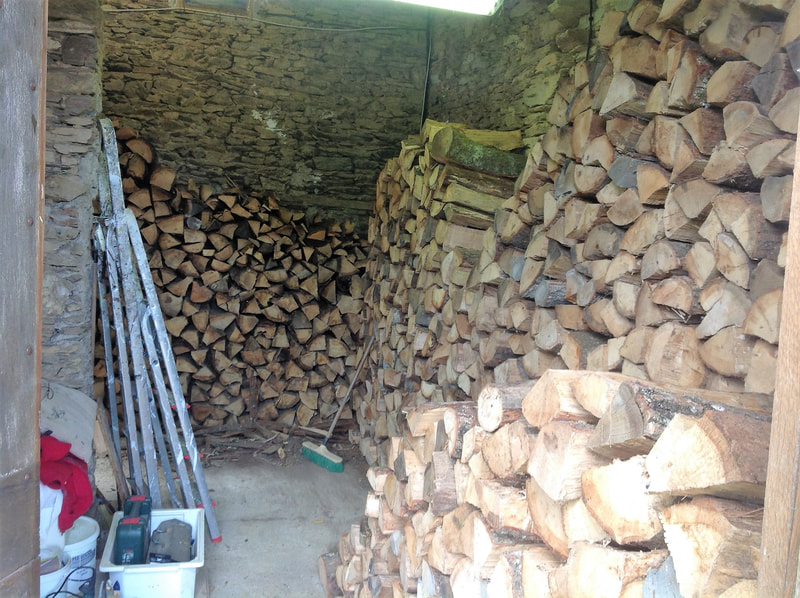
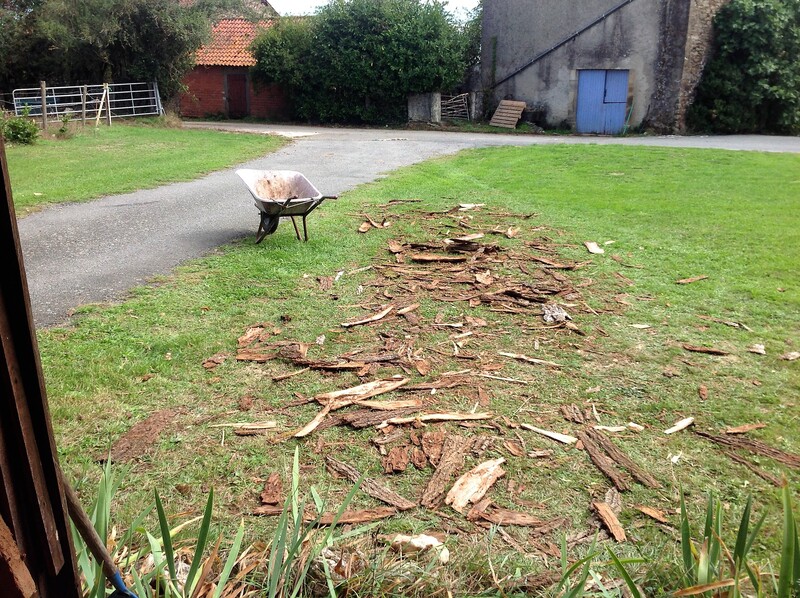

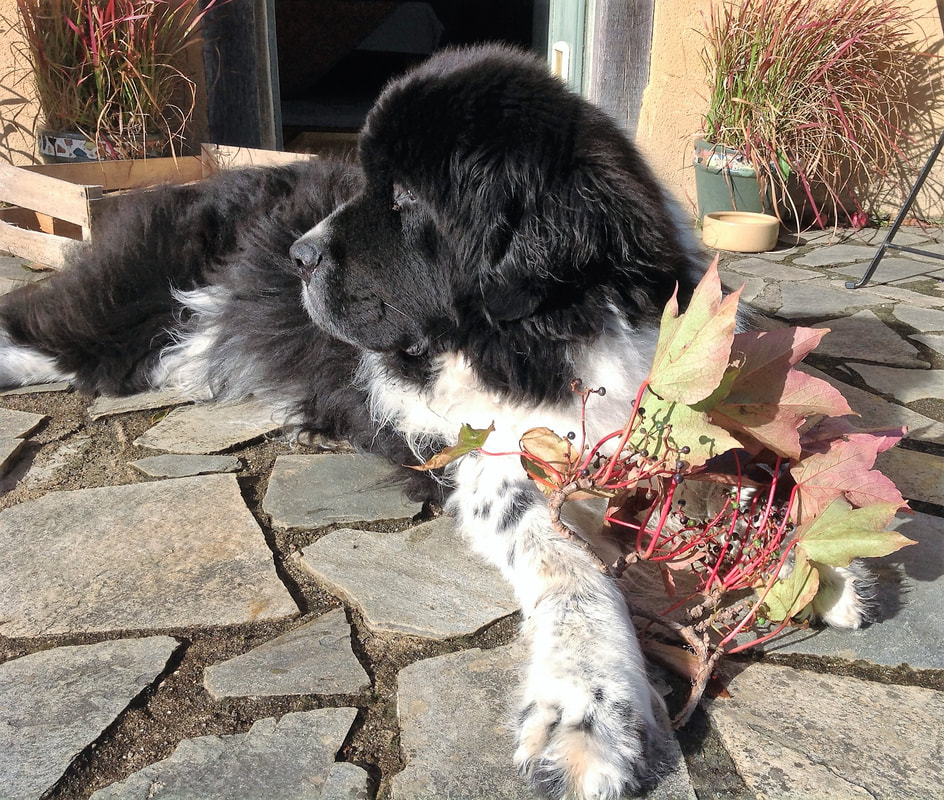
 RSS Feed
RSS Feed